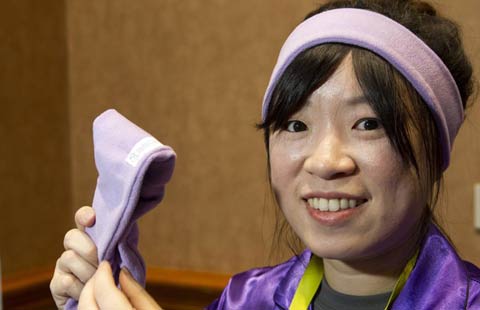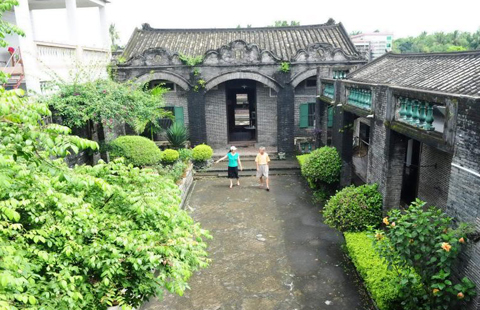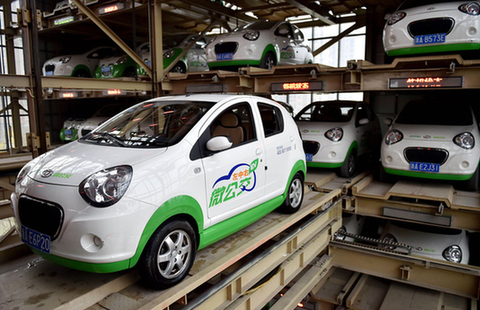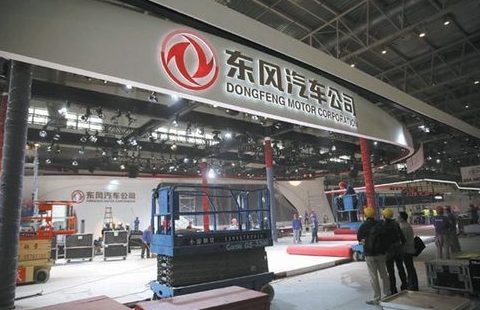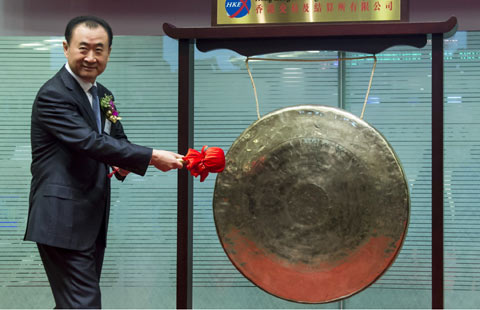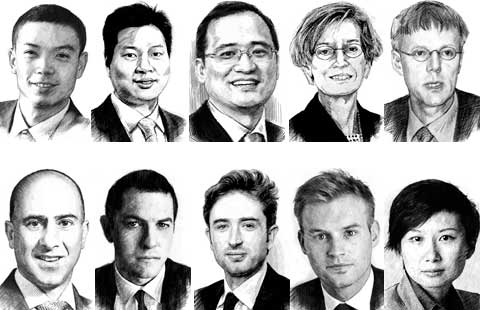China regulator to strengthen 'grim' food, drug safety control
(Agencies) Updated: 2015-01-07 15:59
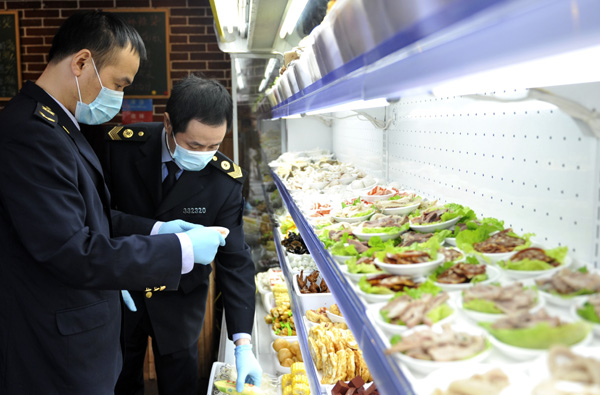 |
|
Food safety administration staffs inspect a restaurant in Ningbo, Zhejiang province, on Nov 10, 2014. [Photo/Xinhua] |
Food and drug safety in China is "grim" and will get stronger oversight, the food and drug regulator said on Wednesday, after a series of scares last year hit the reputations of global firms such as McDonald's Corp and Wal-Mart Stores Inc.
The China Food and Drug Administration has struggled to control a string of high-profile scandals over the years, from donkey meat products tainted with fox, heavy metals in baby food and allegations of expired meat sold to fast-food chains.
"We must soberly recognize the current foundations of China's food and drug safety are still weak, with new and old risks together creating a grim situation," the regulator said in a statement on its website after a meeting in Beijing this week.
Safety scares have affected the reputations and China sales of global companies from US fast-food chains McDonald's and Yum Brands Inc to retailers such as Wal-Mart and France's Carrefour SA.
China will increase "active" regulation to prevent food and drug safety scares, with more on-site inspections, random tests and unannounced visits, the regulator said. The quality of personnel, legal structures, management methods and technological aspects were all currently insufficient, it said.
Regulators overseeing the country's food industry are thinly stretched, company executives told Reuters, and inspectors often struggle to deal with China's fragmented food supply chains.
The regulator said China would look to attract more personnel, standardize training methods and promote greater cooperation between regions.
The government has struggled to restore confidence in its $1 trillion food processing industry since six infants died in 2008 after drinking adulterated milk, creating a space for imported goods which are often seen as safer and of higher quality.
Food safety laws are incomplete and responsibility to enforce them is unclear, making it difficult for regulators to do their jobs, Gao Guan, deputy secretary-general of the China Meat Association, told Reuters last year.
- Tianjin to invest $209b in Binhai New Area
- Beijing's high-end realty sector to see price rise
- China regulator to strengthen 'grim' food, drug safety control
- China 4th-quarter GDP growth may slow to 7.2%
- TCL to buy Palm, eyes high-end market
- Revamped oil hedges may test OPEC's patience
- China to roll out draft of first e-commerce law
- 3D printed items seen during 2015 Intl Consumer Electronics Show

